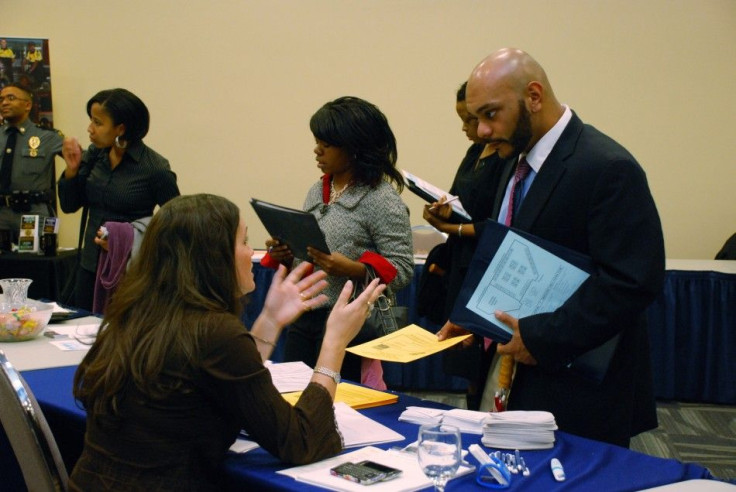U.S. Adds Just 18,000 Jobs in June, Unemployment Up

The U.S. economy added just 18,000 jobs in June -- well below the Bloomberg consensus estimate of 105,000.
Almost as bad, the nation's unemployment rate rose to an eyesore level of 9.2 percent. What's more, job gains in May were revised lower: to a gain of just 25,000 jobs down from the initially-estimated 54,000 gain.
The bottom line regarding the condition of the U.S. job market, as of June 20, 2011? The very poor jobs report will increase concern that the economy will enter a double-dip recession. The U.S. economy is growing too slowly and is not creating nearly enough jobs to meet the needs of all Americans looking for work.
The U.S. economy has to create about 100,000 to 125,000 net new jobs per month, just to keep the unemployment rate from rising. Further, to substantially lower the unemployment rate, the economy has to create about 200,000 to 225,000 new jobs per month.
The June report also creates a more-complex monetary problem for U.S. Federal Reserve Chairman Ben Bernanke: he's already ended second stage of the Fed's quantitative easing program, or QE2. A lack of momentum in the economy may give doves on the Fed ammunition to recommend additional unconventional monetary tactics to stimulate the economy. However, hawks on the committee, fearing another rise in inflation, will probably oppose him.
The only bright spot in the June 2011 jobs report? The private sector, which added 57,000. Conversely, government employment -- the public sector -- once again proved to be the employment report's undoing, as governments cut 39,000 jobs in June. State and local governments have been cutting public sector jobs to closing budget deficits created by the Great Recession.
Finally, the two-year, tepid U.S. recovery -- if the sub-par job growth trend persists -- will extract a political price on President Barack Obama. That's because historically, even though the president does not 'control' the economy, the American people give him the credit for a strong economy at election time, and the blame if economy isn't performing well. And historically, the unemployment has been a key barometer for voters.
Right now, the U.S. economy is short about 15 million jobs, 22-23 million if you add the part-time workers who want full-time work who can't find it.
It short, the U.S. policy makers have to find a way to create many more jobs -- for the good of all involved -- investors, job seekers, and President Obama.
© Copyright IBTimes 2024. All rights reserved.





















